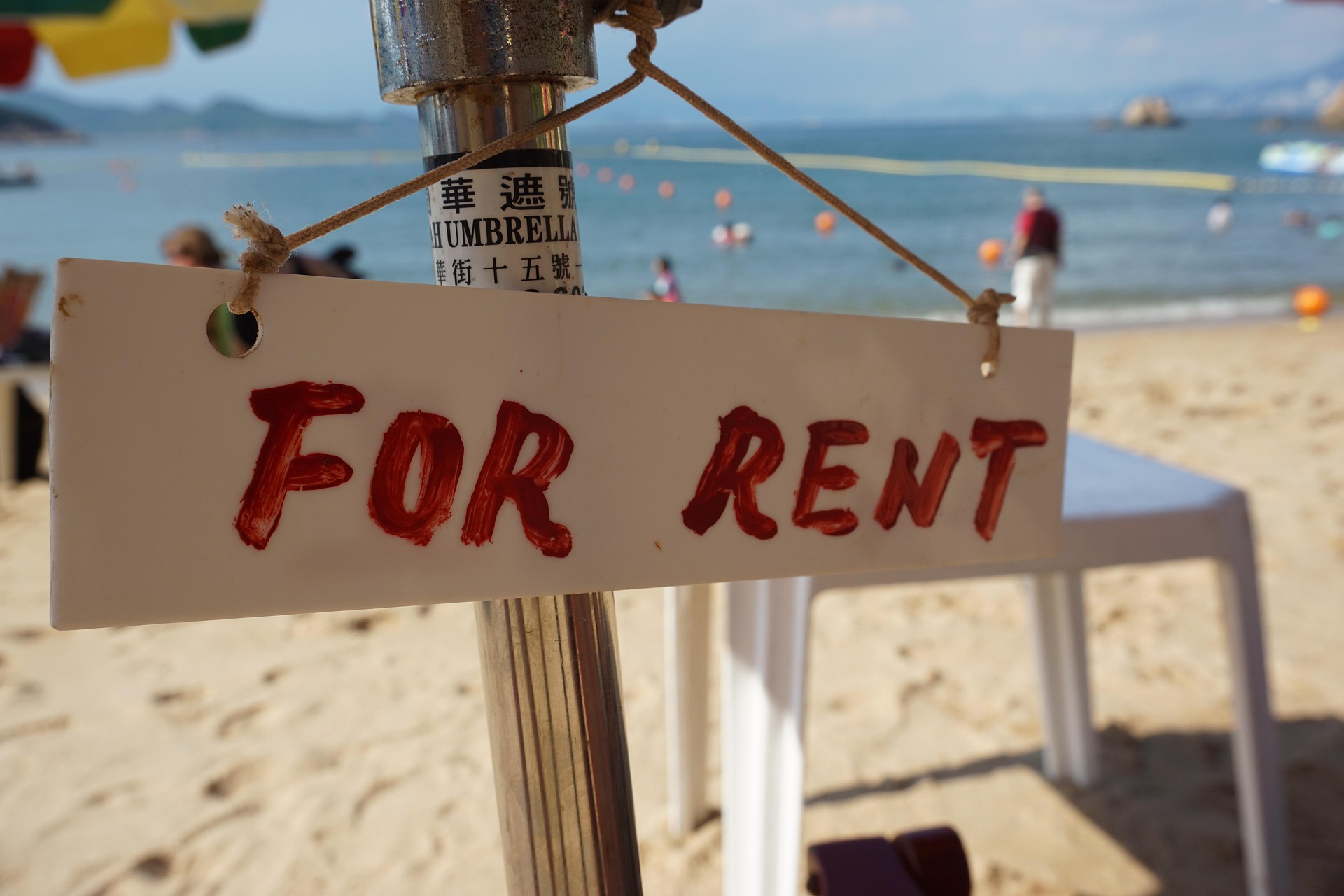Ron Paul Institute for Peace and Prosperity’s 9th annual conference, “Blueprint for Peace” was held Saturday, a day after a possibly promising new start to the end of the US-NATO-Russia war in Ukraine, at a time where the world remains seconds away from nuclear destruction, due to accident or imperial malpractice.
August 16th featured lively and passionate set of speakers, to a room literally packed with great minds intent on tackling the great and urgent problems that Americans face now. You can watch the first part of it here, with the wonderful Dr. Jeffrey Sachs and a “Judging Freedom” panel hosted by the great Judge Andrew Napolitano.
I’m now 22 years distant from leaving the Pentagon with a different perspective on the state, 22 years on a journey to help myself and others see the state for what it is, what it has done, and what it is doing. Every day we learn new things, and grow our network, something Ron Paul talked about at the conclusion of the conference. He is approaching his 90th birthday with more fight and more love than ever before, and with millions of Americans not just wishing him well, but joining his cause of peace and liberty, of sound money and limited government.
Joining is perhaps not the right word; adopting the Ron Paul standard may more accurate. Ron Paul always stood up to power, spoke truth, opposed war and promoted real liberty. He took no offense in the decades where the state and statists fought him and ignored his advice, and he is gentle and kind, in a way that the generation now turning 90 often are. So when younger people, all the subsequent generations, at whatever age they discover Ron Paul, adopt his standard, it doesn’t create new Ron Pauls: It creates, and has created, a vast Ron Paul army. A subset of Americans who are smart, bold, economically astute, tech savvy, state-cynical, intensely curious, unintimidated and unintimidatable. Rubber meeting road comes to mind.
US government at all levels today consumes – and constitutes – 70% of the economy, as much as Europe, nearly as much as the Soviet Union in its heyday (where 25% of actual market was grey, black, or private). We are told we are free, in this debt-fueled mess of a state that constrains rather than serves, pillages rather than produces, is a stupidly proud enemy of liberty, and an active enemy of peace. Nassim Taleb provided seven key “facts” of the world today that should intensely concern state lovers everywhere, facts that do intensely concern those who hope to survive the state’s inevitable, confiscatory, and bloody collapse.
Enough plaudits – I was as impressed with the speakers as I was with the quality and attitude of the crowd convened to hear them.
Several things surprised me a little bit. I’ll share two here:
Speakers – and attendees in side conversations – talked about their visits abroad to Russia and Iran specifically, and time spent in the homes and neighborhoods of average citizens there. Journalists Max Blumenthal and Anya Parampil found – in a way that is I believe timeless – that the same economic and political challenges people face in their own countries are remarkably similar to what Americans face. It takes two or more incomes to raise a family these days, good childcare is hard to find, mothers worry about their children’s education and futures, and everyone is living paycheck to paycheck, can’t save a dime or a dollar, one big accident or job loss from disaster. Freedom of speech, and beyond that freedom of thought, is possibly more evident in Russia and Iran – maybe even China – than it is in the US and Europe. Everywhere around the world, local and national politics continually disappoint the average people. One speaker, an MP from the Netherlands Thierry Baudet, beautifully shared his story of Orwellian unfreedom in his own country, and in the EU.
Listening to the speakers and the attendees I began to really understand the globalism that Soros and Schwab envisioned, and that the US state aggressively pursues: a ruling globally integrated state apparatus geared to destroy liberty, individuality, and sound money, and thus subduing the earth, and enslaving humanity.
The other thing that surprised me, although it shouldn’t have, is the vibrant and exciting readiness for a real fight, and a quiet agreement that the war has started. While the theme was a blueprint for peace, it felt more like Jesus getting ready to clear out the money changers in the temple. While I have attended my fair share of Ron Paul rallies and I’ve heard the roar of massive crowds responding to the liberty and peace message, what I sensed yesterday was more army and less fist bump – a set of fighting men and women already well-settled in both intelligence and mission, now self-organizing, specialized, divisions of labor evolving rapidly, and functioning together. A large and complex war against the state – a war in defense of liberty, in opposition to state slavery, a war seeking not just the end, but a swift end to the debilitating and corrupt state that rules us, and impacts the globe in terrible ways we never think about. Calls for limited government constitutionality were made, but unlike a decade or two decades ago, the army has long internalized this concept.

I didn’t hear a formal blueprint for peace – in the sense of an architectural plan – but rather a call to arms for an operational war that has already begun. Yes, we must have sound money, end the Fed and the inflation tax, and revamp and defang the military industrial complex. Calls were made to cut state corruption, to transform the military into something that can defend a Republic, not serve as red-lines and sitting ducks for a flailing empire. Colonel McGregor – a West Point man – indicated the 850 overseas US military installations could be drawn down immediately to around 120. Dr. Sachs quoted former president Truman, who said publicly in 1963 that the biggest mistake he made was allowing the CIA to go beyond intelligence and be allowed a covert operations mission. Bringing back diplomacy was mentioned, and also maybe developing actual diplomats and politicians who can represent the United States competently, unlike the mismatch we saw in Alaska on the 16th, with three well-informed, self-controlled, diplomatic statesmen at the table with DC’s Larry, Curly and Mo.
The conference was rich and though-provoking, and there were a noticeable number of digs made at the wealth of the counties surrounding our District 1, and the incompetence, mental laziness and compromised positions of so many who occupy Washington and serve as first beneficiaries of the empire’s global haul over the past 70 plus years – a Federal Reserve empire as much as a military one, because, well, war is the health of the state.
To sum it up, I left the conference and drove west on 66, away from the global capitol of death, criminality and war. The blueprint for peace, across political divides, is what libertarians from all eras have known it to be – liberty promoted, liberty lived, and liberty ascendant in a thousand different ways. What a time to be alive!







